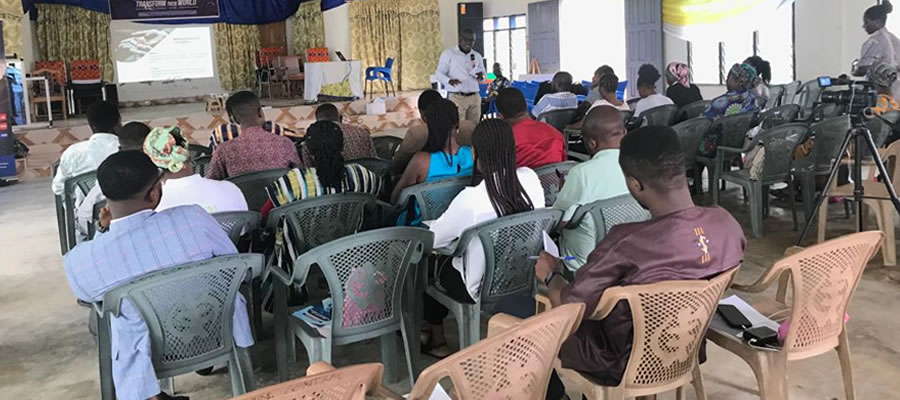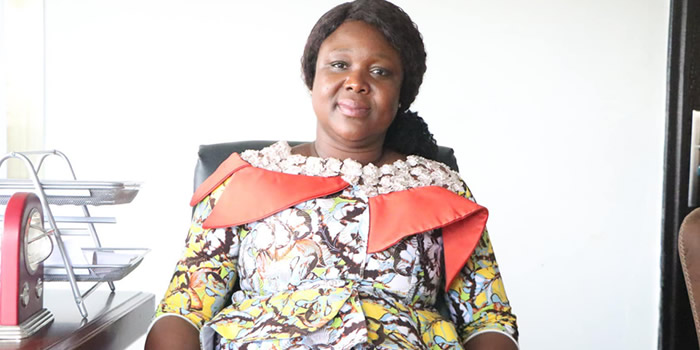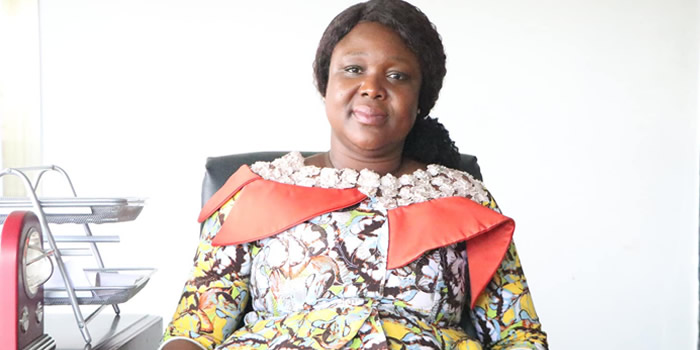

GENERAL
GII, NCCE anti-corruption workshop spurs action in Ayensuano District
Multi-stakeholder groups in the Ayensuano District of the Eastern Region have been spurred into action against corruption following a two-day workshop organised by the Ghana Integrity Initiative (GII) and the National Commission for Civic Education (NCCE).

Date Created : 8/12/2024 12:00:00 AM : Story Author : D.I. Laary/Ghanadistricts.com
The capacity building workshop was part of efforts to fight corruption and strengthen accountability and transparency.
It brought together Civil Society Organisations, Community-Based Organisations, Social Auditing Clubs, women-based associations, youth groups, persons with disability, and media practitioners.
Dr. Nana Kwesi Boateng, the Ayensuano District Director of NCCE, addressing participants at the opening, emphasised the mandate of the Commission, which was to educate citizens on their civic rights and responsibilities, including holding leaders accountable.
"It is essential that citizens are aware of their role in promoting good governance and fighting corruption," he said.
Mr. Benedict Doh, a resource person from the Ghana Integrity Initiative, highlighted the commitment of the organisation to promoting transparency and accountability in public life.
He stressed the devastating impact of corruption on national development, which should not be tolerated and mentioned whistleblowing in exposing corruption.
He touched on the Whistle Blowers Act, saying it aims to protect individuals who report corrupt activities from persecution or retaliation.
Participants were encouraged to take advantage of this legislation to report any instances of corruption they may come across.
Through interactive sessions, presentations, and group discussions, participants were educated on the impact of corruption on national development and the role they could play in promoting good governance.
It also provided a platform for them to share their experiences and challenges in combating corruption and promoting transparency in their communities.
The participants were unanimous in their commitment to combating corruption, which undermined trust in institutions and perpetuated poverty and inequality.
They, therefore, resolved to work together to promote transparency and accountability in their communities, ensuring that institutions operate with integrity and citizens live without fear of corruption, and create a corruption-free society.




 facebook
facebook
 X
X
 Youtube
Youtube
 instagram
instagram
 +233 593 831 280
+233 593 831 280 0800 430 430
0800 430 430 GPS: GE-231-4383
GPS: GE-231-4383 info@ghanadistricts.com
info@ghanadistricts.com Box GP1044, Accra, Ghana
Box GP1044, Accra, Ghana